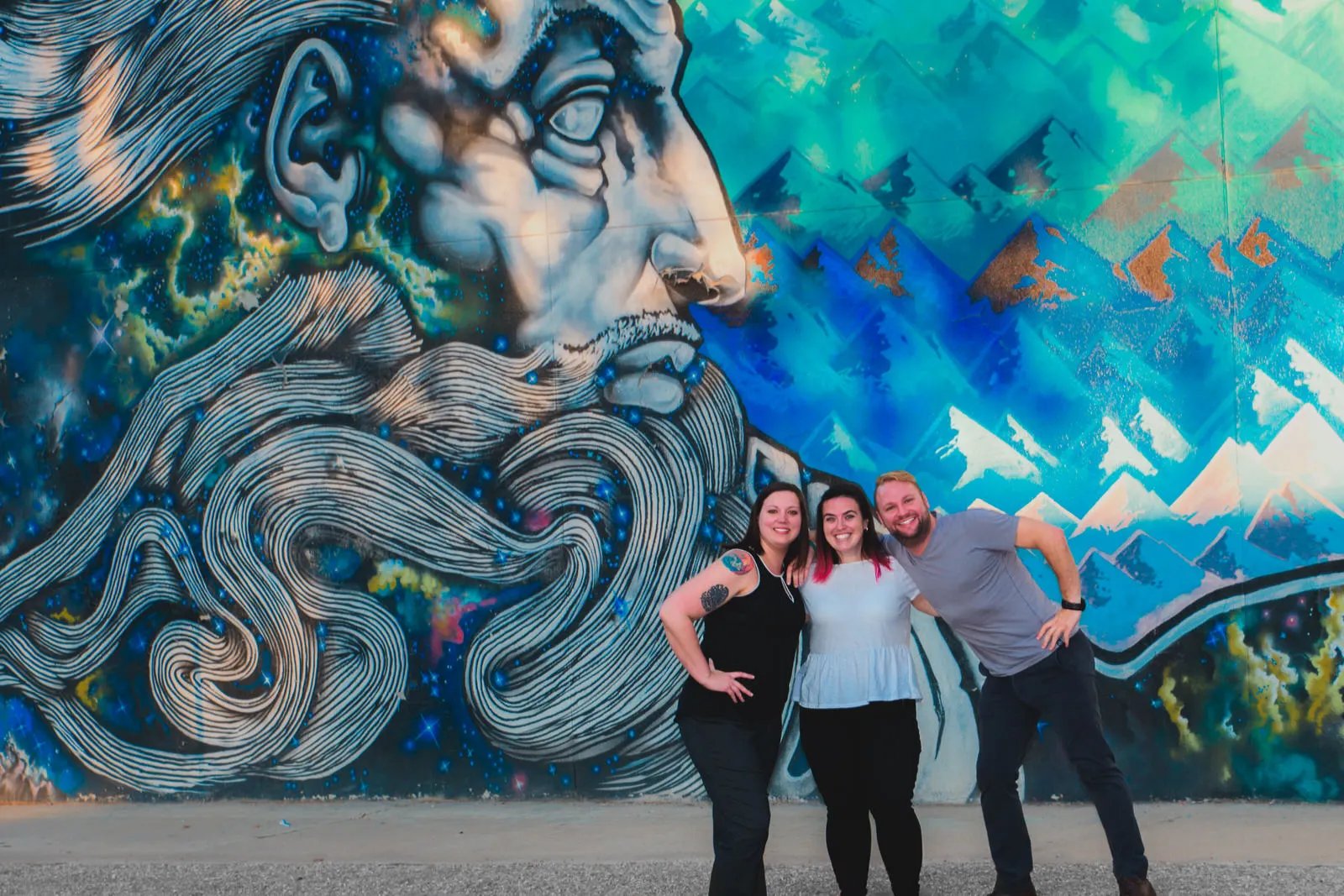
What is a Liberal Arts Degree? A Comprehensive Guide to Its Benefits and Opportunities
In the world of higher education, the term “liberal arts” often pops up, but what exactly does it mean? A liberal arts degree might sound ambiguous, but it is one of the most versatile and enriching educational paths you can pursue. It’s a multidisciplinary approach to learning that prepares students not just for a specific career but for life itself. Let’s dive deeper into what makes a liberal arts degree unique and why it could be the perfect choice for you.
The Origins of Liberal Arts
The term "liberal arts" originates from the Latin artes liberales, meaning "the arts of freedom." In ancient times, it referred to the education necessary for a free individual to participate in civic life. Today, it embodies the same spirit—empowering students with a broad range of knowledge and skills to think critically, communicate effectively, and adapt to a rapidly changing world.
What Does a Liberal Arts Degree Cover?
A liberal arts degree typically encompasses a wide variety of disciplines, combining elements from:
- Humanities: Literature, history, philosophy, languages, and the arts.
- Social Sciences: Sociology, psychology, anthropology, political science, and economics.
- Natural Sciences: Biology, physics, chemistry, and environmental science.
- Mathematics and Logic: Foundational skills in quantitative reasoning and problem-solving.
Students often major in a specific field, like English, sociology, or biology, while still taking courses across these disciplines to develop a well-rounded perspective.
Key Features of a Liberal Arts Education
-
Interdisciplinary Learning:
Liberal arts programs encourage exploration across various fields, allowing students to make connections between seemingly unrelated subjects. For example, studying literature might deepen your understanding of psychology, or learning economics might enhance your grasp of history. -
Critical Thinking and Communication:
One of the hallmarks of a liberal arts degree is the focus on developing critical thinking, analytical reasoning, and effective communication—skills that are highly valued in any profession. -
Personal Growth:
Beyond academics, a liberal arts education emphasizes personal growth, encouraging students to reflect on ethical, social, and cultural questions. This broader perspective can lead to a more fulfilling and purpose-driven life. -
Flexibility and Adaptability:
The diverse skill set gained from a liberal arts education prepares graduates to adapt to various careers and industries. In a world where job roles are constantly evolving, this adaptability is a significant advantage.
What Can You Do With a Liberal Arts Degree?
One of the misconceptions about liberal arts degrees is that they don’t lead to concrete career paths. On the contrary, liberal arts graduates are highly employable across a wide range of industries due to their versatile skills. Here are a few fields where they thrive:
- Education: Teaching or academic roles.
- Media and Communication: Journalism, public relations, or content creation.
- Business: Marketing, management, or human resources.
- Government and Nonprofits: Public policy, social work, or community engagement.
- Technology: Roles in user experience (UX) design, technical writing, or project management.
Moreover, many liberal arts graduates go on to pursue advanced degrees in law, business, or other specialized fields.
Why Choose a Liberal Arts Degree?
- Broad Knowledge Base: If you’re someone who loves learning across multiple fields rather than focusing narrowly, this degree is ideal for you.
- Skill Development: The emphasis on communication, critical thinking, and problem-solving equips you with lifelong skills that transcend any one profession.
- Adaptability: The interdisciplinary nature of the program makes you adaptable to various roles and industries.
- Personal Fulfillment: It’s a journey of intellectual and personal exploration, helping you grow as an individual.
Challenges of a Liberal Arts Degree
While a liberal arts degree offers numerous benefits, it’s not without challenges. Critics often argue that it lacks the direct job training found in more specialized degrees. However, this is a matter of perspective. The skills gained through a liberal arts education—adaptability, creativity, and critical thinking—are exactly what employers seek in a rapidly evolving job market.
Conclusion
A liberal arts degree is much more than just an academic qualification—it’s a holistic education that prepares you for the complexities of life and work. It’s about becoming a well-rounded individual who can think critically, communicate effectively, and contribute meaningfully to society.
If you’re someone who values curiosity, versatility, and a broad perspective, a liberal arts degree might just be the perfect fit for you. So, are you ready to embrace the freedom of learning?